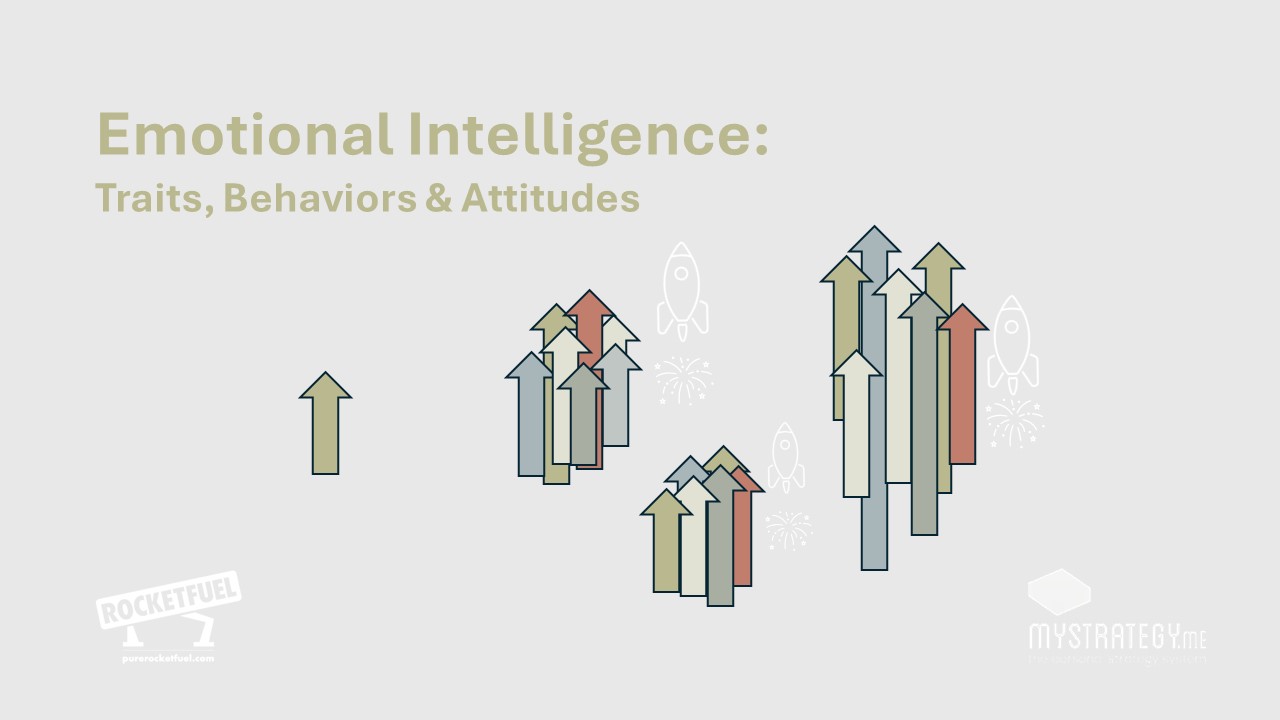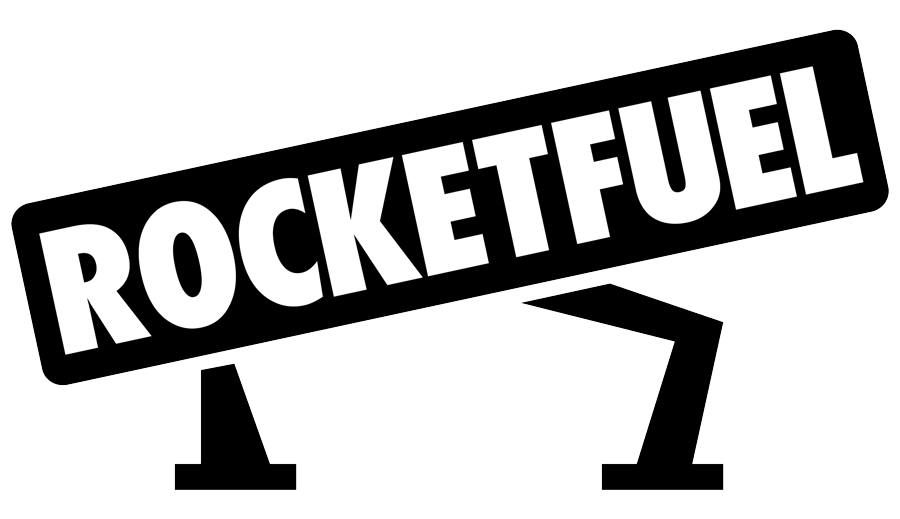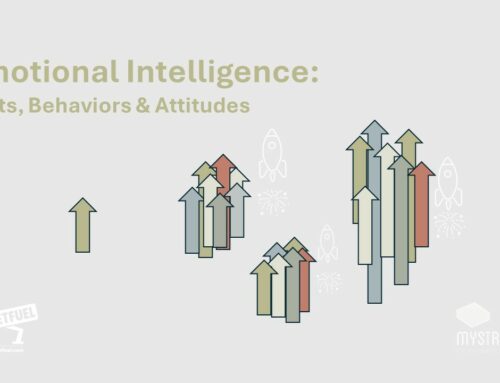
What a joy that Responsibility and Accountability tend to cause wildfire as a pair, says Leadership & Performance Coach, Davina Greene.
If you’re ever having too nice a day, too quiet a life, and want to wind yourself up a little, try finding an exact distinction between Responsibility and Accountability with which everyone agrees. You’ll witness some truly mind-bending conversations, especially in the Management world.
Responsibility & Accountability: A History of Confusion
To me, responsibility is a technicality; accountability is a way of being, an ‘adult’ acceptance of the responsibility given. The former can be contract-based; the latter is more character-based. It’s the very essence of a job interview, isn’t it? You arrive with your glowing written list of your past responsibilities; the interviewers have to work out not only whether you carried out the tasks listed (easy enough) but if you actually carried them out with any sense of foresight or ownership (the tricky bit).
Most people have sat in a workplace where someone took the job, took the salary, and did little beyond the basics of what was expected of them – just enough to survive, not so little as to attract the attention of HR. Most people have had the amusement (or fear) of watching that person apply for a Management position, despite this minimalist approach to work. Punctuality, correctness of work done, and a wide variety of ammunition can be drawn upon to distract from the basic problem – and, often, it works.
So, now we have a person leading a team for the first time, taking full “responsibility” for, say, a company’s social media marketing. This manager ticks the boxes on the Job Description (“Task done. I’m covered”). Then, new social media options arrive, algorithms change, competitors seem to have a head-start on all of this…and the manager simply offers “ But, nobody told me that there was a new platform. Nobody told me the tools had changed.”
Because of an unwillingness to think laterally and independently, trust is now shaken, costs may be incurred to rectify the situation, team members may become unconvinced that this manager can truly lead them in their career development and become worried, and the manager’s manager now feels that she has to put one foot, one eye and one hand back in that team rather than focusing on her core role…the list goes on.
Accountability: A Level Up
Responsibility (whether the results are good or bad) can be shared across a team, but ultimately someone needs to be accountable for the big picture – answerable for the overall actions of the team, and achieving the right results, in the best possible way, within the remit given. It’s the very point of having managers in place across a business.
So accountability is really about ownership, and a positive ‘work ethic’ around the accepted role – in whatever area of life, not just work. It’s like when you graduate from school to university and parents and teachers keep telling you “This will be the measure of who you are – will you actually attend lectures, or will you stay in bed if nobody is around to push you?”. If you cling to the idea that there’s always going to be someone else “out there somewhere” who’s supposed to be keeping an eye on you, informing you, taking ultimate responsibility for what you do, then your accountability possibly isn’t the greatest. Likewise, if “Yes, but…” is your favourite sentence-starter.
What can hinder accountability? Overwhelm – a high task burden can create overload, anger and even illness, none of which work in favour of personal ownership. Micromanagement, whereby individuals are never given the chance to learn about independent, lateral or big-picture thinking, due to constantly having someone at their shoulder, watching, dictating, obsessing. At interview, ‘good acting’ is common –most people now know this lingo and are indirectly programmed, over time, to play a good interview game. Shortcomings become clear too late.
Key Points Around Accountability
- Notice if, without supervision, some of your work just doesn’t get done.
- Notice if you only solve the problems that are enjoyable to solve.
- In your role, are you actively contributing or just house-keeping?
- How often do you pass the blame?
- Are you loading up on trivial tasks so that you’ll always have the “busy-ness” excuse?
- Watch out for opportunities and threats that could offer, or require, a new approach.
Before you step up, make sure you are willing to keep up. For everyone’s sake, including your own.
Interested in investing in your own personal – and personal strategy – development? Check out www.MyStrategy.me!
Share This!
About the Author



